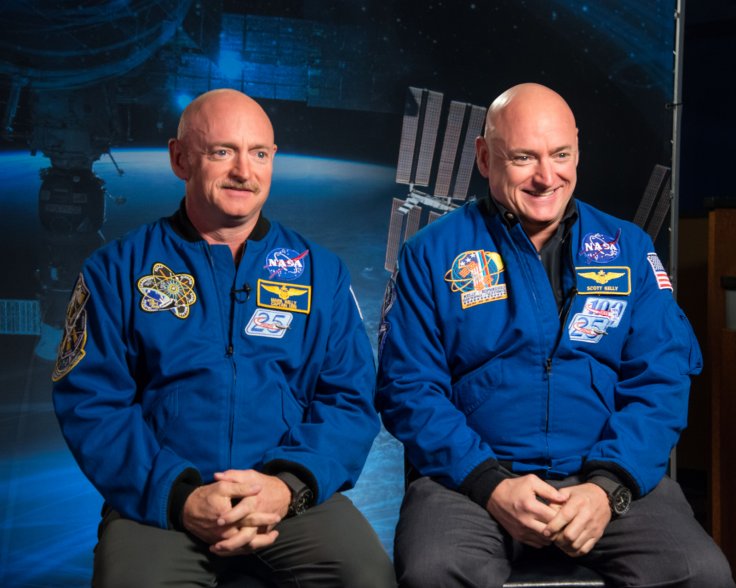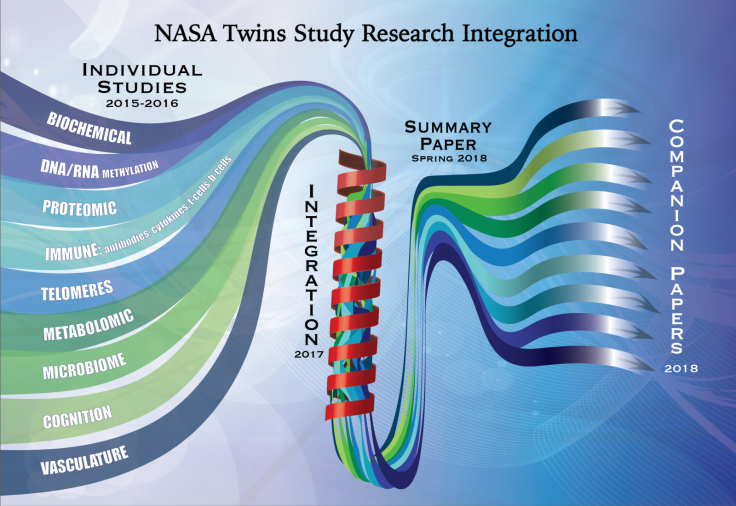
Previously scientists used to believe that the human body can be affected due to long duration space flight, even at the molecular level. But the new findings from NASA's famous 'Twins Study' has not shown any warning signs or reason to think that humans cannot survive a two-and-a-half-year round-trip journey to Mars.
The 'Twins Study' involved American astronauts Scott Kelly and his identical twin brother Mark Kelly. After the return of 54-year-old Scott Kelly from International Space Station (ISS), where he spent almost a year, researchers noticed that his DNA had changed in space.
The principal investigator of the 'Twins Study,' Christopher Mason said "we've seen thousands and thousands of genes change how they are turned on and turned off. This happens as soon as an astronaut gets into space, and some of the activity persists temporarily upon return to Earth."
"This study represents one of the most comprehensive views of human biology. It really sets the bedrock for understanding molecular risks for space travel as well as ways to potentially protect and fix those genetic changes."

As per the Washington Post's report, the duration in space increased Scott Kelly's immune system response, as if, at the cellular level, his body felt under attack compared to his brother, who was on earth at that time.
However, a NASA official said at the annual meeting of the American Association for the Advancement of Science that the comparison did not raise concerns over long-term spaceflight on the ISS.
In addition, Mason, Associate Professor at Weill Cornell Medicine said, "It's almost as if the body's on high alert."
As per him, this is good news that the human "body has extraordinary plasticity and adaptation to being in zero gravity, at least for a year".
The director of NASA's space life and physical sciences division Craig Kundrot said that as of now their research and results showed no evidence that would make a Mars mission impossible. But he added that the 'Twins Study' was conducted involving two people so "We don't regard any of this as conclusive, but on the whole it's encouraging," he said, adding, "There are no new major warning signs".









